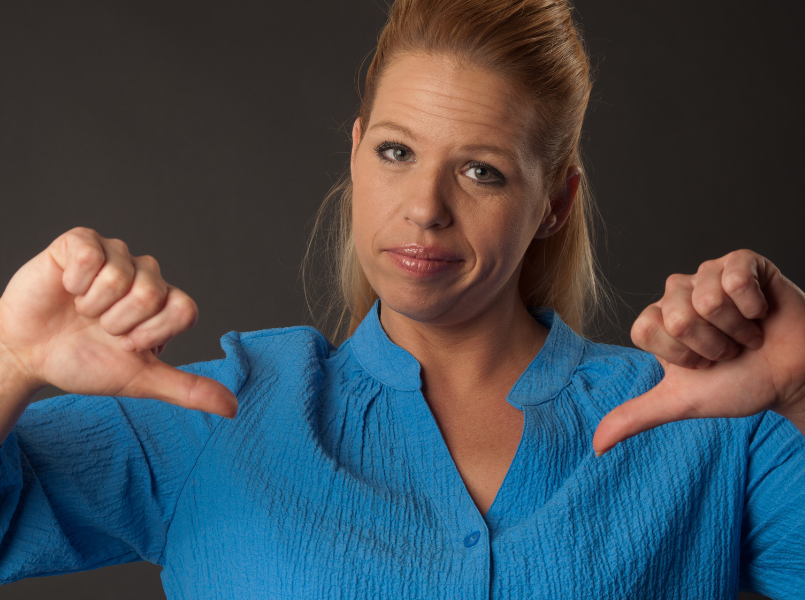I valued the honesty, but it certainly wasn’t the response that I was expecting.
I had arranged one of our team to participate in a call with a supporter to help them feel connected to what they were giving to. I was on leave at the time and afterwards, I called up to see how it went and the above response is the exact quote that I received in reply.
It was rough.
After a moment I said, “tell me many things about that.”
He shared openly about the experience and it turns out there were a couple of unmet expectations on behalf of all parties involved.
I was shattered. I realised that I didn’t communicate clearly enough with the people and essentially set the meeting up for failure. I had had missed the mark.
Fortunately the supporter was incredibly gracious and understood the challenges, and was generous enough to be open and honest about their experience. I appreciated that greatly and it helped me see that sometimes things are not as easy as we think they will be. I thought I could just connect people via a calendar invite and it will all just work out. Apparently not.
Mostly though, what it taught me is that critical feedback is not fatal, in fact it can be a great source of learning and growth if we let it.










